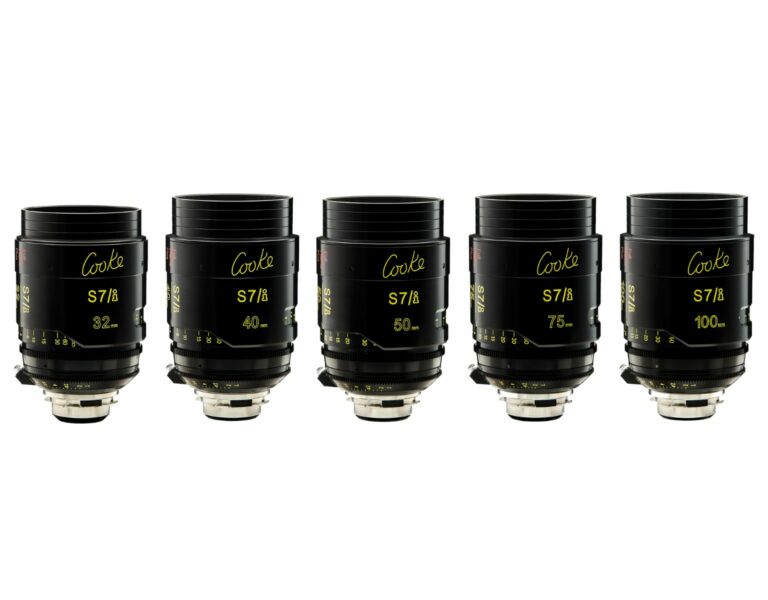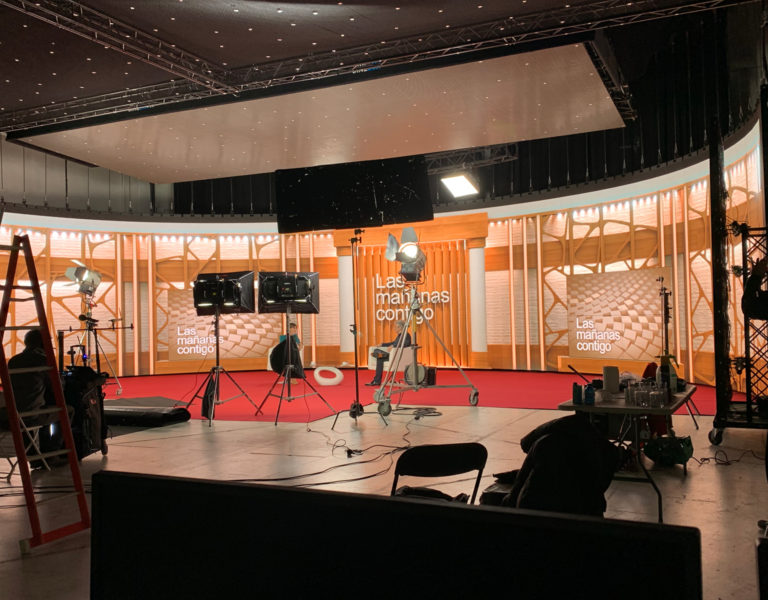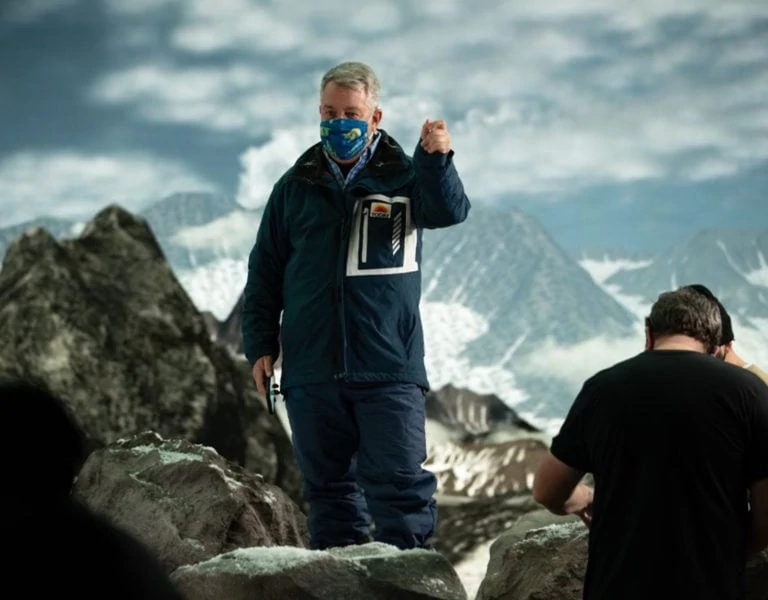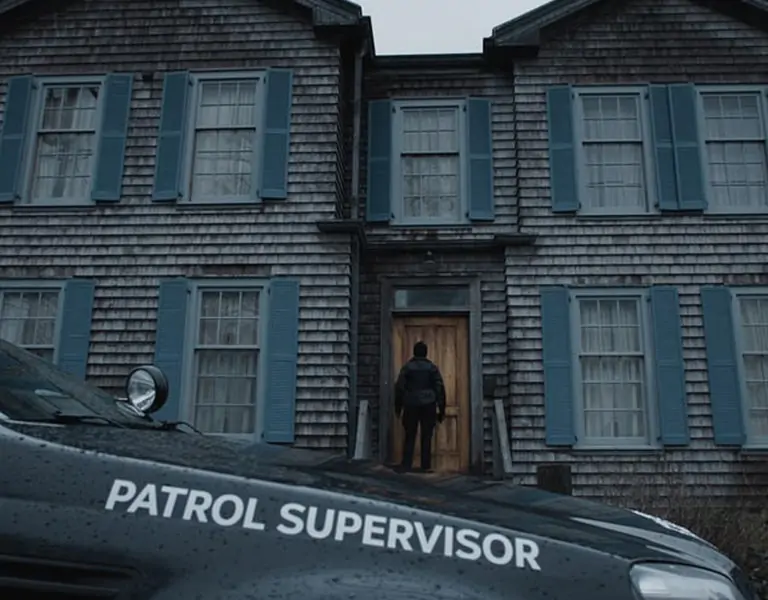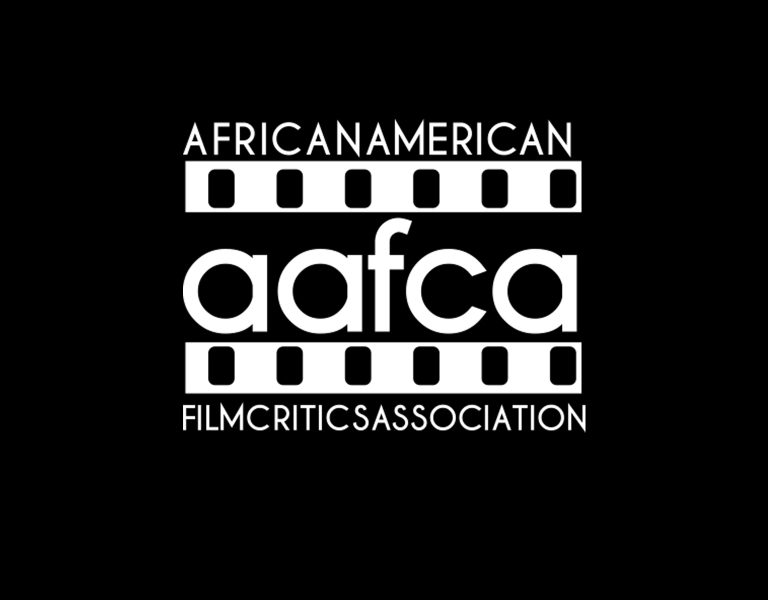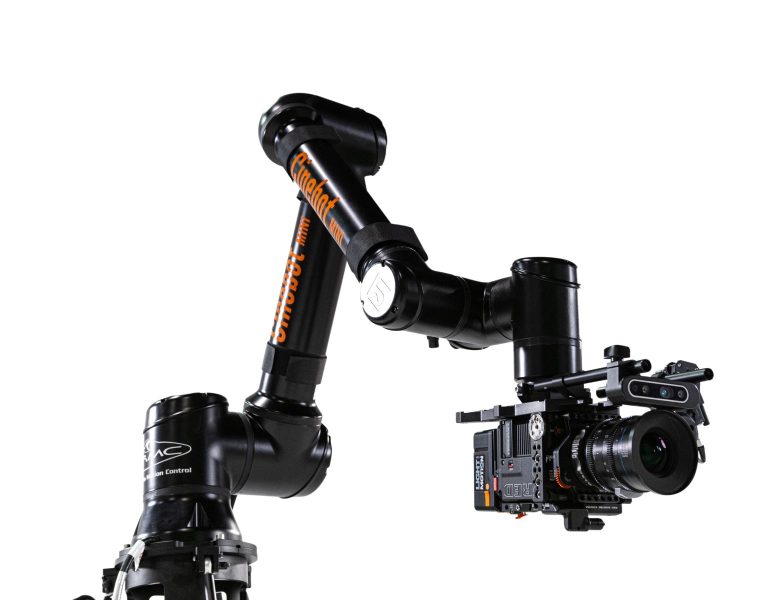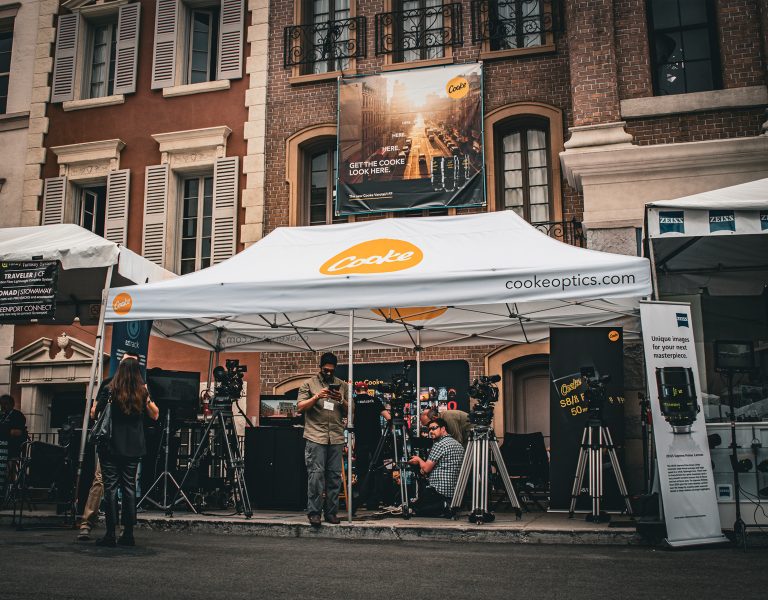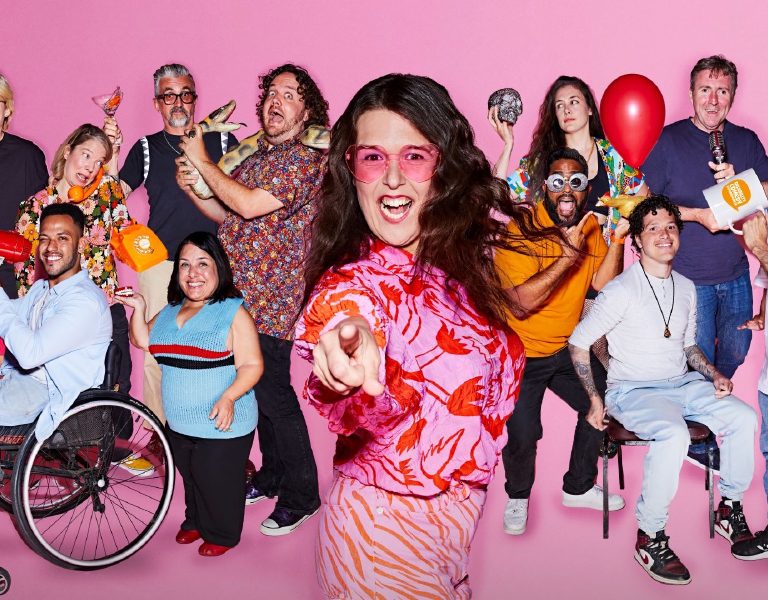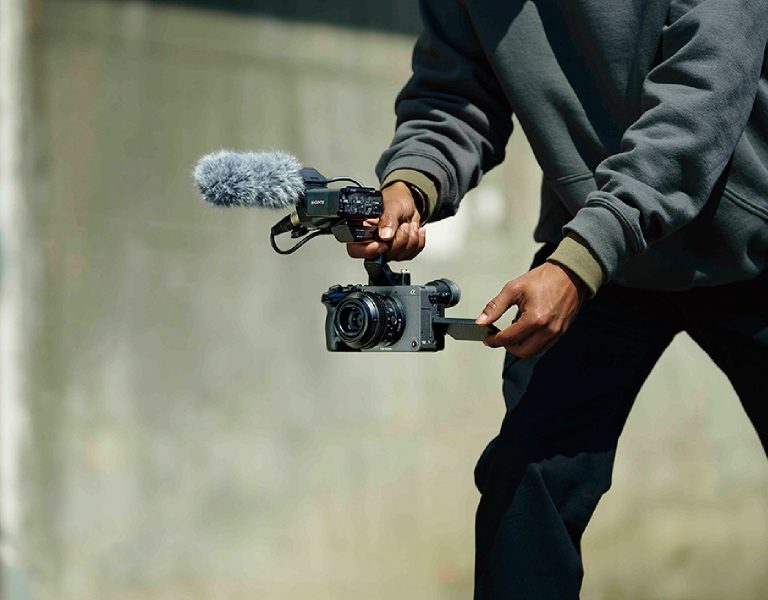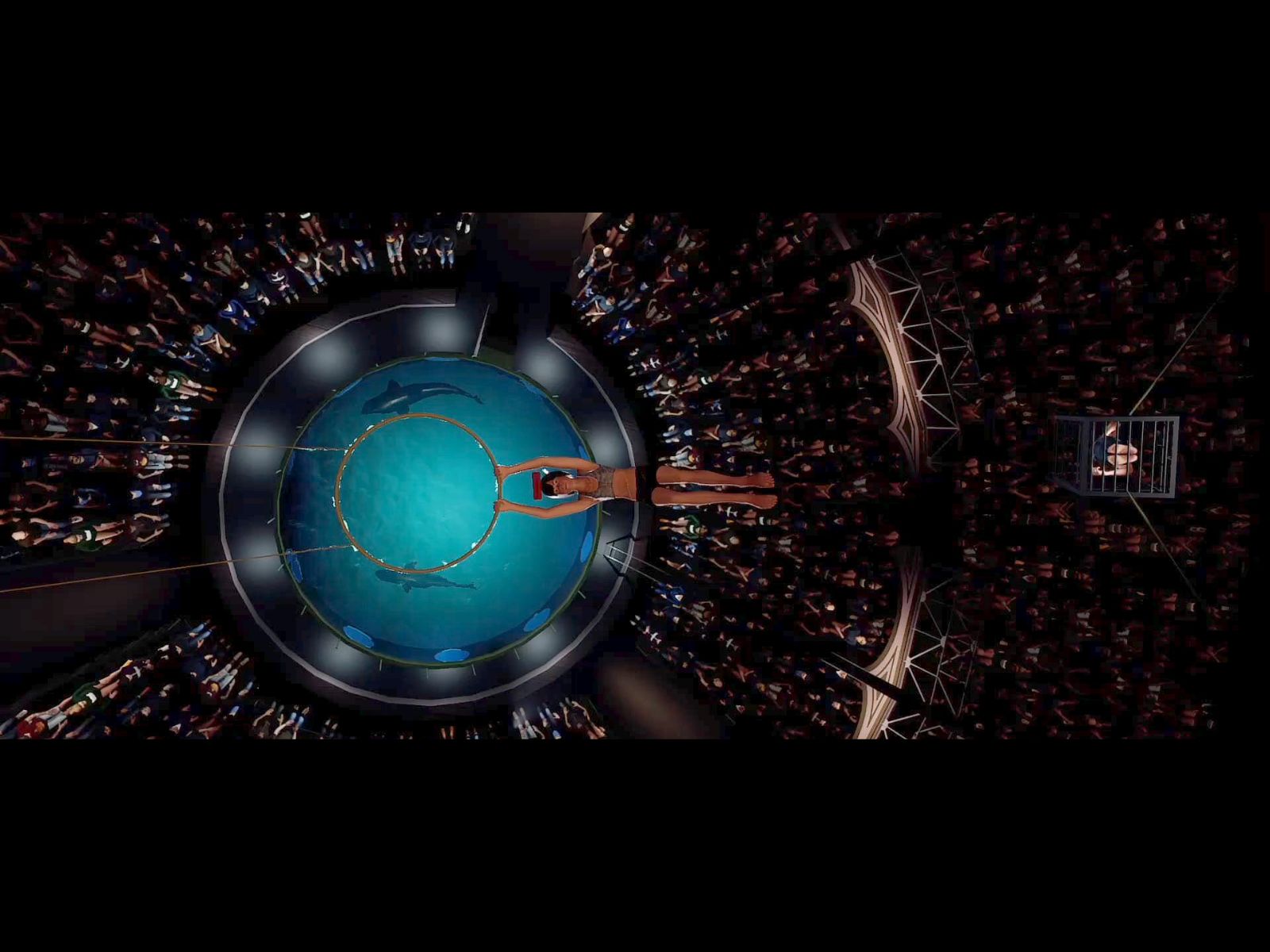
Caution: Contains spoilers about Matilda the Musical.
–
High-wires, cages, TNT, and a pool of sharks; those were the main ingredients of the Acrobat’s Story sequence, in the new film version of Matilda the Musical. NVIZ were asked to previs this and other sequences for the Netflix movie directed by Matthew Warchus, and really, what could go wrong?
Matilda (Alisha Weir), a lonely, but resourceful little girl, makes up lots of tales to keep her spirits up while living under the thumb of the odious Miss Trunchbull (Emma Thompson), headmistress of Matilda’s bleak primary school. One of the most dramatic of Matilda’s tales is that of the daring Acrobat and her escapologist husband, who perform a hair-raising circus act performed over a pool of sharks. In Matilda’s dramatic story, the Acrobat performs a high wire act not just over a pool of sharks, but with sticks of TNT clipped into her hair for added excitement. However, the daring Acrobat loses her footing and while the fuse is rapidly burning, the Escapologist must free himself from chains, and a cage, to save her as she begins to lose her hold.
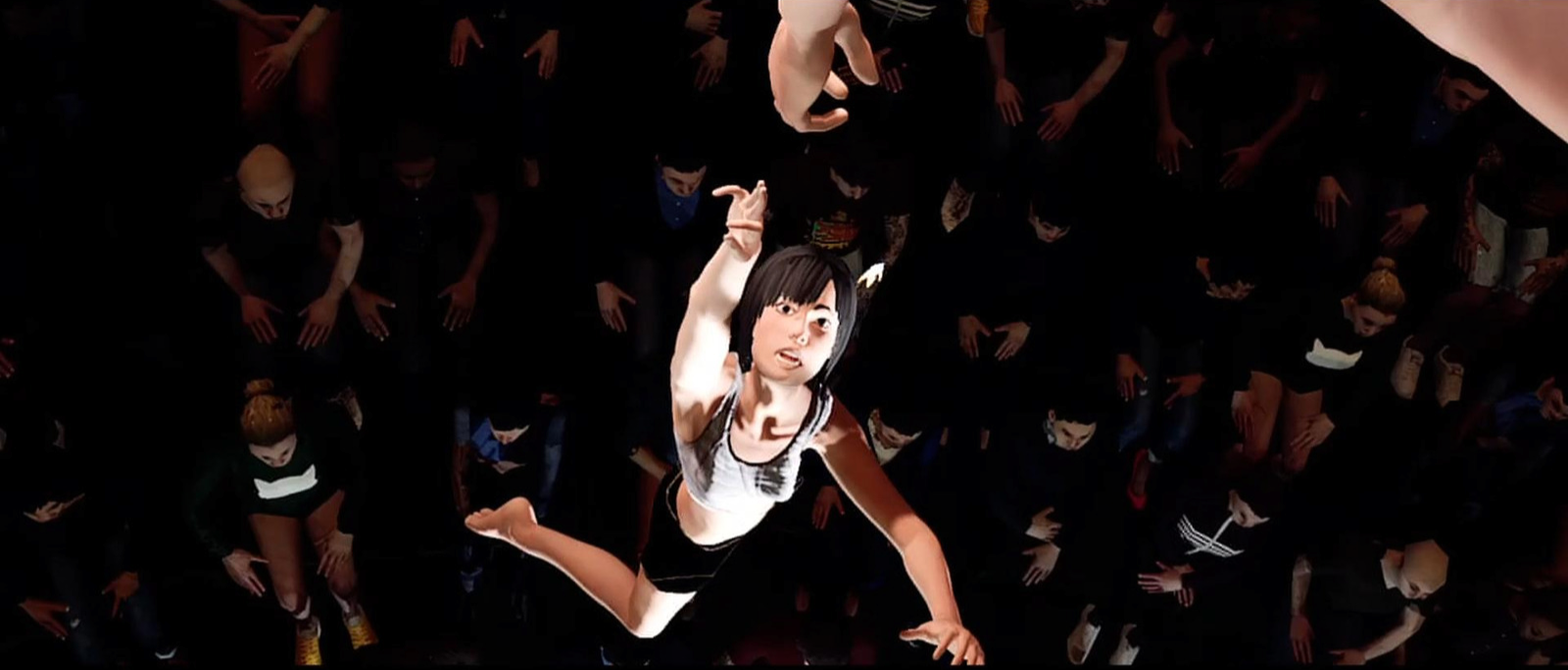
The sequence was brilliantly over the top and the production was very ambitious in the scope of what it wanted to achieve. An important part of the previs process was to test the assumptions before shooting to ensure that what they planned was not only possible, but feasible. Previs was supervised by NVIZ’s head of visualisation, Janek Lender who came on board in 2020 to work closely with director, Matthew Warchus, cinematographer, Tat Radcliffe BSC, and VFX supervisor, Simon Stanley-Clamp, to help work out this complicated scene before the production went to set. NVIZ used their proprietary virtual camera system, ARENA, to enable the filmmakers to create all the camera moves of a complicated acrobatic performance and to plot out the action. The sequence went through several iterations as ideas were presented, problems resolved and lights, action and camera moves were explored and confirmed. A rapid turnover of iterations is one of the many useful features of ARENA, along with the ability for the creatives to get their hands on the camera in the virtual space.
“We were pleased that our director, Mathew Warchus, was fully invested in ARENA” said Lender, “It made the whole process run very smoothly.” Warchus and Radcliffe would frame up shots themselves using ARENA, or describe what they wanted to Lender, who would then capture them. Warchus was able to make technical changes on the spot, such as camera angles, but he was also able to adjust the flow of the narrative to create maximum impact. “They (Warchus and Radcliffe) took to the ARENA sessions, both live and virtual, really well” says Lender, and as a result some of the sequence was restructured to help to amplify the sense of double and even triple jeopardy thanks to the insight that was gained during the sessions.
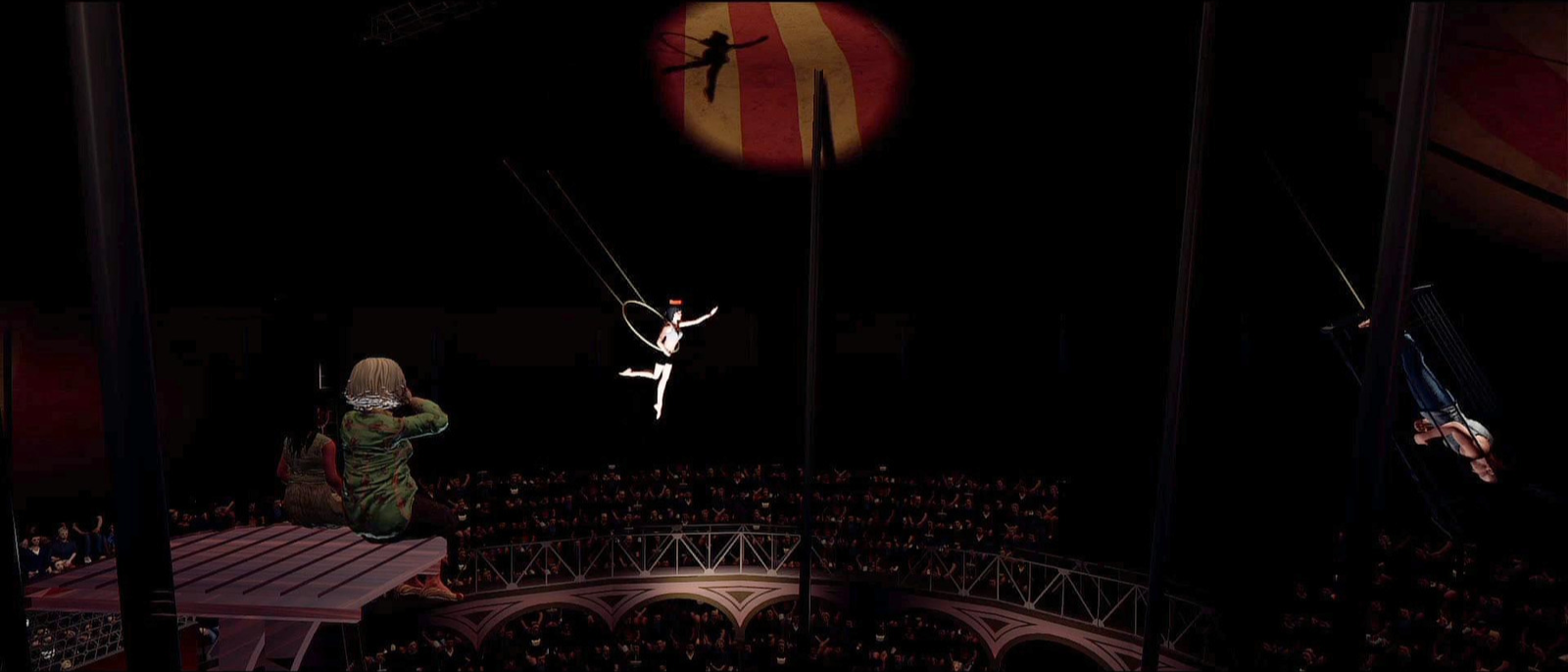
The collaborative work between the director, DoP, VFX supervisor, previs, and real-time supervisors, allowed for multiple, complex issues to be resolved at decisive moments, while creating the elaborate cinematography required to do the story justice. One of the immediate challenges of the sequence was being able to conceptualise how to shoot a scene that took place 50ft in the air, and also included intricate and dynamic acrobatic feats. To begin, the acrobatic performances were roto animated from choreographed trapeze artists and placed into a real-time engine. Bringing the scene into the real-time engine was crucial in giving the director, DoP and VFX supervisor a sense of the space they would be working in and the geography of what would be seen, i.e., the pool as viewed from high up, the sharks moving and snapping. Using this method, they were able to use a proprietary virtual camera to establish the angles that worked best, the scale of the environment and how the lighting should be set up. Once cut together, the shots they created became the blueprint for the scene in terms of action, edit, look and lighting.
Within the virtual environment, the key people were able to be “down there” in the space with the crowd and then, “up there” with the acrobats, using the VC to shoot from all around the environment, choosing the best sides to shoot from, all the while lensing up and lensing down. The director wanted wider lenses to build up the jeopardy of the Acrobat’s situation and to
reinforce the feeling that the Escapologist would not be able to catch her. This helped to drive the narrative of the story and it was important to both establish the connection when the
characters see each other, but also feel the sense of peril in their distance from each other. The virtual camera process was integral to establishing the right lenses to exaggerate that
distance. Experimenting with different lenses, different looks, irrespective of the animation, was helpful for layout purposes and ensuring the pool was the right scale and maintained an element of threat. Ultimately some shots were faithfully reproduced by what was created in the virtual camera.

Despite the numerous terrifying elements in the sequence (sharks, TNT, and high wires) the most challenging aspect of the work was completely unexpected. The previs was in full flow
just as the pandemic struck in 2020 and the team had to quickly move to virtual sessions for ARENA sessions and feedback and approvals. Later they were able to flip between live and virtual depending on the covid status at the time. “This was the first time that ARENA was used in a remote capacity, and it was incredibly successful”, says Lender, “We were able to keep the show running when so many were shut down during those early Covid days.” Each session took a couple of hours at a time, going through 60 to 70 shots per session from which selects were taken, a process that traditionally could take up to a week each time.
NVIZ also provided postvis In addition to the thrilling previs created for the Acrobat’s Story.
Matilda is now streaming on Netflix.
